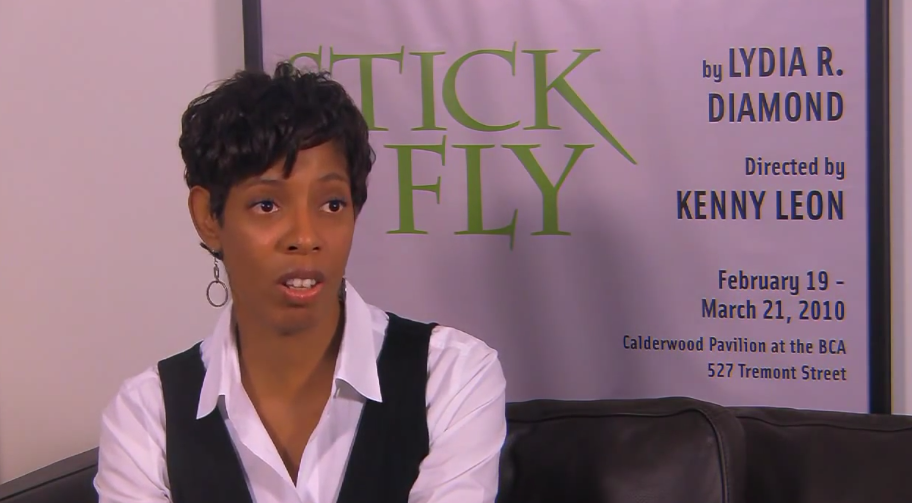The dearth of women in the theater world is well documented. While the three finalists for the Pulitzer Prize for Drama this year were all women, not a single female playwright appeared on the Tony Awards’ nominee list. Not a single new play on Broadway in the 2013–2014 season was written by a woman. Theaters in cities across the country aren’t doing much better. Only 16 percent of shows staged in Southern California theaters were penned by women.
The sheer gender inequality is even more appalling considering that the theater-going audience is 70–80 percent female.
Theaters are running out of excuses for the imbalance, too: shows written by women are every bit as successful as plays written by men (if not more so). And lack of talent isn’t to blame, either: The Kilroys, a group dedicated to highlighting acclaimed work by female playwrights, has compiled a list of 46 plays that directors and theaters should consider putting up for production.
But perhaps the most stunning quote to put theater’s “woman problem” into perspective is a statement made recently by award-winning playwright Lydia Diamond, whose critically acclaimed play Stick Fly was produced on Broadway in 2011. Diamond, accompanied on a stage by Pulitzer Prize-winning playwright Bruce Norris and legendary playwrights David Henry Hwang and Kristoffer Diaz, was the only woman on the panel hosted by NPR’s Michel Martin on Friday night in New York.
While the conversation mostly centered around racial diversity and the accessibility of theater to a multicultural audience, Martin at one point asked Diamond, a woman of color, to field “the girl question.” Her phrasing being a nod, of course, to how awkward it was to put the playwright in the uncomfortable position of being a representative for her entire gender. But in 2014, that’s where we are.
Here’s Diamond’s response:
“It’s so interesting, because in these conversations I don’t often actually get to be a woman. Usually, it’s gender parity, it’s women, or people of color. I don’t get to be a part of a conversation that’s about what is it like to be a ‘woman playwright,’ because I fit in the ‘person of color’ thing. So I’ve never actually thought of myself as a woman — that’s why I wore a short skirt [audience laughter ] lest they don’t know. It seems I am a woman playwright. And it’s grim, the statistics on that. We know are so, so awful.”
From my read, that’s a pretty damning quote: There are so few women, and so few people of color, that as a woman of color, Diamond seemingly has to choose an identity, as if that is a club or an affiliation. Can you imagine a white man being overlooked for his thoughts on the male perspective, because he can already speak to whiteness?
In an interview last year, Diamond spoke about how, as both a person of color and a woman, she is often forced to choose what minority group she aligns with. Since her work deals so much with racial identity, she tends to speak mostly to that:
“Politically, I find myself actually most readily identifying as a genderless African American. All too often I am forced to choose a piece of my marginalized (or celebrated) self. Around gender I haven’t so much claimed a space for myself — in practice maybe, but certainly not in a well-thought-through philosophical way. Interesting, and maybe a little tragic.”
It goes without saying, but she reminded the audience that, like all of us, her entire makeup — including being a woman (and other aspects of multi-faceted personhood) — shapes her writing and her point of view. But, as one of the few women of color who has found success in this field, Diamond also noted that “it’s weird to ask me that [girl] question.” (Though Diamond has succeeded, how many talented women of color are overlooked?).
Turning it to the people listening in on the conversation on Twitter and in the room, she said, “I’m certainly aware of how alone you are.”







